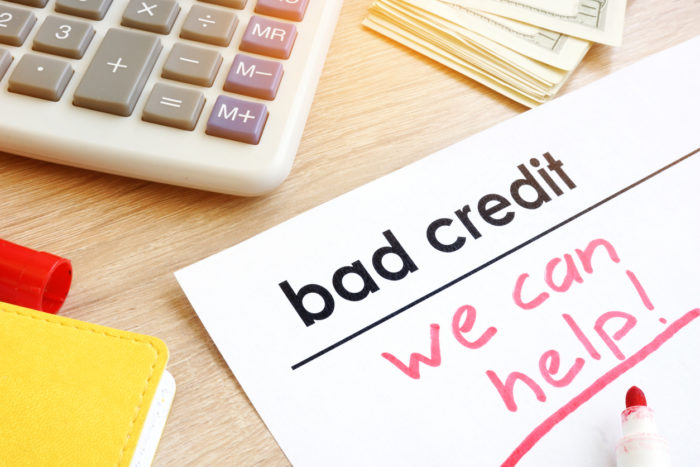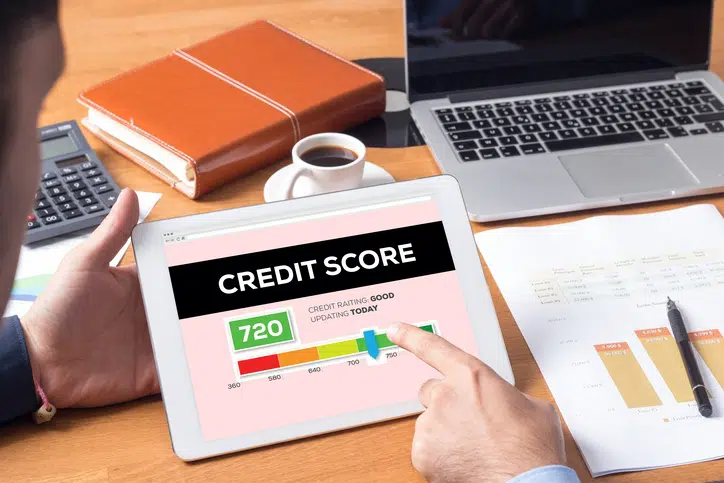
Lots of people use personal loans or credit cards to pay for big home remodels. Before picking one, think about your money situation. See which option works best for you.
With personal loans, you borrow money from a bank for upgrades. Then, you repay it over 5, 6, or 7 years in steady monthly instalments. To get approved for good rates, you need strong credit and income proof.
Personal loan rates can be less than cards but cost more than home equity loans. Weigh total fees - charges to open it plus interest over time. Excellent credit means qualifying for cheaper deals. These loans are smart for giant projects needing big money over years of monthly payments. People with poor credit often struggle to get loans from traditional lenders in Ireland. Fortunately, there are specialized loans for bad credit in Ireland that offer loan options for those with less-than-perfect credit histories.
| Feature | Personal Loans | Credit Cards |
| Type | Instalment loan | Revolving credit |
| Interest Rates | Typically fixed | Can be variable |
| Repayment Period | Fixed terms (e.g., 2-5 years) | Open-ended |
| Borrowing Limit | Set amount based on approval | Credit limit set by the issuer |
| Usage | One-time, lump-sum amount | Ongoing, as needed |
| Typical Usage | Large, one-time expenses | Smaller, recurring purchases |
Understanding Personal Loans
The interest rate is fixed for the life of the loan, so your monthly payment amount stays the same. You pay a portion of the principal balance plus interest charges with each scheduled payment until it's fully repaid.
Understanding Credit Cards
A credit card provides revolving credit that you can repeatedly borrow against up to your credit limit. Interest accrues on any balances carried month-to-month, and rates can vary over time based on market conditions and your credit profile. Minimum payments are required each billing cycle, but you can pay more to lower your balance faster.
Impact on Credit Scores
| Aspect | Personal Loans | Credit Cards |
| Credit Utilisation | Does not directly affect the utilisation rate | High utilisation can negatively affect the score |
| Diversity | Can improve credit mix if lacking instalment | Helps credit mix if revolving credit is low |
| Inquiries | Hard inquiry can temporarily decrease the score | Hard inquiry can temporarily decrease the score |
| Repayment History | Timely payments improve score | Timely payments are essential for a good score |
| Debt Consolidation | Can improve the score by paying off credit card debt | Can increase utilisation if not managed well |
Comparing Interest Rates
The interest rates people get charged differ a lot between personal loans and credit cards taken out to cover home remodelling projects.
Credit cards have way higher interest rates - the average today goes over 15% per year. Personal loan rates get set less than that, but still sit higher than secured debt like home equity loan rates.
Bigger interest rates mean overall debt gets lots more expensive over time as unpaid balances continue owing month after month. Paying 20% interest rather than 10% on large remodelling bills equals huge costs mounting fast. Check all rates thoroughly to pick the cheapest financing for your situation.
Repayment Terms
When you take a personal loan, whether online loans in Ireland or offline loans from lenders directly, you agree to repay the full amount over a set term, like 3 or 5 years. Your monthly payment is fixed from the start and does not change. You pay the same amount each month until the balance reaches zero.
The lender picks the repayment term length based on the loan amount and your income. Longer terms mean lower monthly payments, but you pay more total interest over the life of the loan. Shorter terms cost less overall but have higher payments.
Credit Card Minimum Payments
Credit cards only require a tiny minimum payment each month, like 1-3% of the total balance. This payment amount rises and falls as your balance changes. The lower the minimum, the easier it is only to pay that small amount.
Unlike loans, minimum payments cover mostly interest charges and hardly reduce principal. This means credit card balances hardly decrease from month to month if you only pay the minimum. The remaining unpaid balance keeps accumulating more interest charges.
Long-Term Cost Impact
The upfront cost of a personal loan is higher due to larger fixed monthly payments. But you know exactly when the debt will be fully repaid, thanks to the set repayment schedule. The long-term interest costs are limited, too.
Credit card minimum payments are smaller initially, but the cost piles up the longer you stretch payments over many months and years. Unpaid balances grow rapidly from accumulating interest upon interest charges. Paying minimums means your long-term costs skyrocket.
Impact on Credit Score
Personal loans impact your credit score in two main ways. The first is the hard inquiry when you initially apply, which can temporarily drop your score slightly. Then as you make on-time payments, your score rises steadily.
Credit cards also cause a hard inquiry hit first. After that, your score fluctuates based on your balance relative to the limit (the utilisation ratio). Keeping balances low improves your score while maxing out cards damages it.
For both loans and cards, the most important factor is making at least the minimum payment in full and on time each month. Any late or missed payments are severely penalised and can quickly cause major credit score drops.
Choosing Based on Finances
For large purchases or consolidating several debts into one payment, a personal loan is generally smarter. Loans offer a clear roadmap to pay off that fixed balance over a set time period at a reasonable interest rate.
Credit cards are better for smaller, rotating balances you expect to pay off quickly. Cards provide flexible, short-term financing that avoids locking you into long-term set payments, though rates are higher if not paid in full.
For emergency expenses, a credit card may be the only option available quickly. You can charge needs first, then ideally, pay it off quickly before interest gets out of control. Loans require more paperwork and time to get approved.
Conclusion
Credit cards let you charge remodel expenses as you go, then pay later. But cards have high rates and make you repay quicker. Charging too much adds up fast over time.
Look at income, debts, and credit history to guide choices. Poor credit means trouble getting new loans or cards. Those who still qualify get higher rates adding expenses. Boost credit before applying. Always pay bills on time and pay down card balances. Get advice if needed on options and impacts for your situation.




